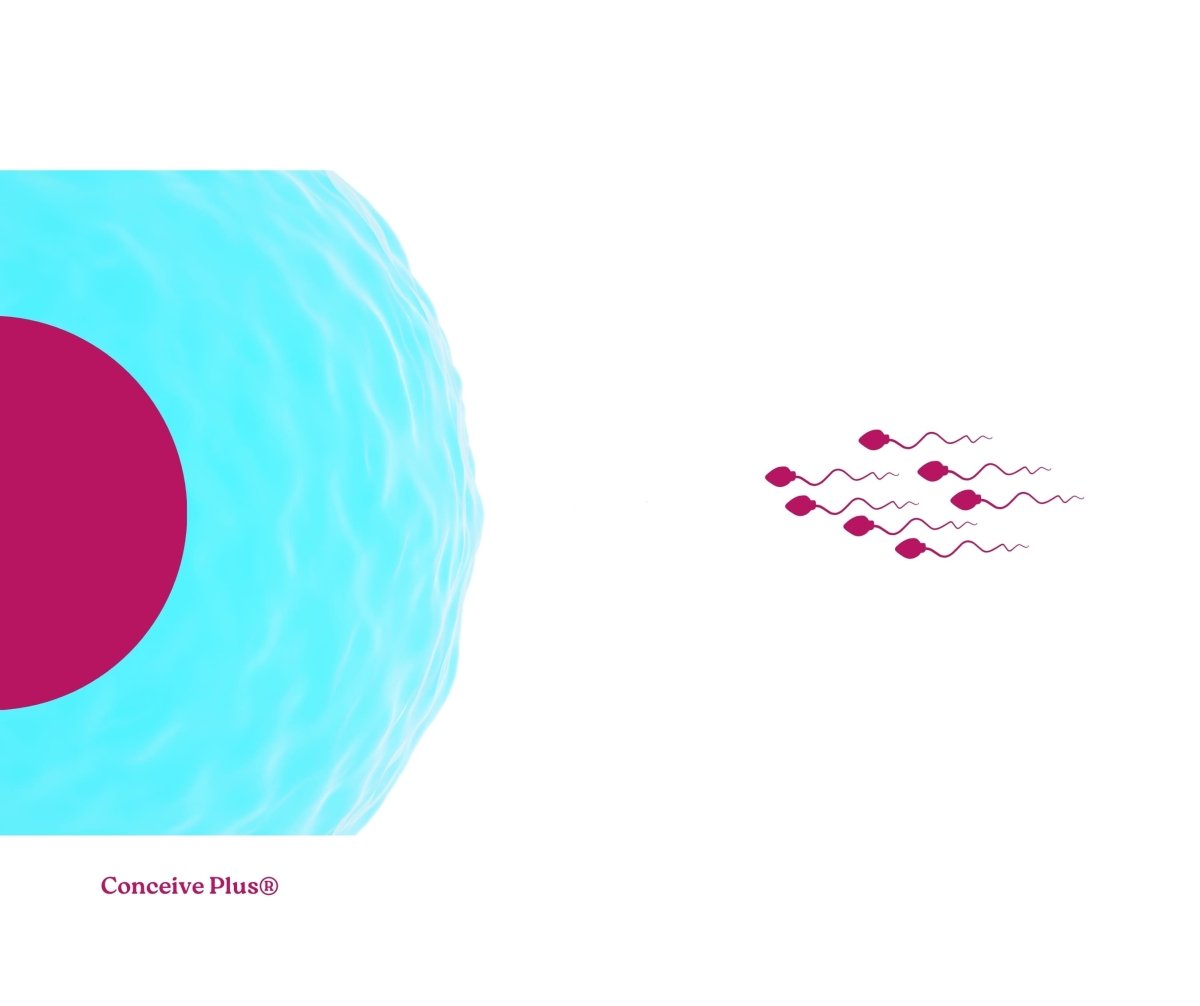Can You Get Pregnant From Sperm In Water?

There is a probability of the presence of sperm in a shared pool water. This sometimes raises a concern that if sperm enter the female body, it causes pregnancy. This leads many people to ask, can you get pregnant from sperm in water, especially in places like swimming pools or bathtubs.
But can you get pregnant in water?
When a male ejaculates, he releases semen, which is a mixture of sperm cells and many other fluids [1]. These fluids nourish the sperm quality cells and also support them to reach the egg in the female body.
When sperm cells are in water, they separate from the semen and are dispersed in water. This makes it hard for a sperm to enter in the female body and reach the egg in the fallopian tube. It means that the chances of pregnancy from sperm in water are rare or non-existent.
Favorable Environment For Sperm Survival
Sperm can stay alive inside the male body for many days. Similarly, studies show that sperm cells can survive up to 5 days inside the female body [2]. This is because the internal environment of the body is favorable for the survival of the sperm cells.
Favorable environment includes a specific temperature and pH. Sperm cells work best at a certain temperature, normally at 34 ºC or 93.2 ºF [3]. Sperm cells also need a certain pH range, usually between 7.2 and 7.8 [4].
Air exposure, water, or extreme temperatures can negatively influence sperm function and survival.
Can Sperm Survive In Water?
For a sperm in water to cause pregnancy, it should be able to survive and stay viable inside the water. However, this is usually not the case. Sperm cells die within the pool water because of added chlorine, changes in temperature, and other such factors.
Even if the sperm cells are alive in the water, they can't enter the female body and reach the egg as comfortably as it sounds. There is a minimum sperm count needed for fertilization, which is usually above 15 million sperm per milliliter of semen [5]. This many healthy and live sperm cells can't enter the female body from the pool or hot tub water.
Can Sperm Cells Travel In the Water?
Ok, for a second, let's accept that sperm cells are viable inside the water. The other question that matters for pregnancy is, "Can sperm cells travel in the water?"
Sperm cells travel inside the female reproductive tract after intercourse because of multiple factors [6]. Sperm has a seminal fluid and mucous membrane of the female body to support this movement.
On the other hand, the healthy seminal fluid that men release with sperm quickly depresses in water. There is also no mucous membrane to support the sperm flow. This is why it is very hard for a sperm cell to swim inside the water and enter the female body in large numbers.
Myths Surrounding Pregnancy
There are multiple factors involved in achieving pregnancy, from the time of intercourse to sperm health. However, there are many common myths related to how pregnancy can occur.
Let's debunk some of the most common ones:
Myth 1: Sperm In Water Can Cause Pregnancy
Some people believe that sperm cells can travel through the pool or tub water and enter the female body, causing pregnancy. However, as discussed above, it is very less likely that a sperm in water can cause pregnancy.
Myth 2: Eating Sperm Can Cause Pregnancy
Eating sperm can't cause pregnancy because your body digests sperm cells as protein. For pregnancy to occur, sperm cells should reach the egg in the reproductive tract, which can't happen when you eat sperm.
Myth 4: Pregnancy Can Occur Anytime During the Month
No, you can't get pregnant any time of the month; instead, there are specific days called the fertile window when sperm can fertilize the egg, and you can get pregnant. These days come around ovulation duration.
The Bottom Line
There are a lot of misconceptions about how pregnancy occurs because of a lack of knowledge. One such misconception is that pregnancy can occur from sperm in water.
In reality, sperm cells require a favorable environment to be able to reach the egg and fertilize it. Pool or hot tub water can't provide all the favorable conditions for the sperm for fertilization. In a nutshell, there is no or very little risk of pregnancy from sperm in the water. So if you're wondering can you get pregnant from sperm in water, the scientific evidence strongly suggests it's highly unlikely under normal circumstances.
FAQs
-
Does oxygen kill sperm?
People often question does sperm die when it hits oxygen. When you ejaculate outside, the sperm doesn’t diet because of oxygen but because of dry air, temperature, and other factors.
-
Can you get pregnant with old sperm?
Sperm survives a maximum of a few minutes outside the body and 5 days inside the female body. Any sperm older than that isn’t a viable sperm and can’t cause conception.
Resources Used
- Tanga, B. M., Qamar, A. Y., Raza, S., Bang, S., Fang, X., Yoon, K., & Cho, J. (2021). Semen evaluation: methodological advancements in sperm quality-specific fertility assessment. Animal Bioscience. https://doi.org/10.5713/ab.21.0072
- What is Sperm? (2023c, December 22). WebMD. https://www.webmd.com/infertility-and-reproduction/sperm-and-semen-faq
- Roland, J. (2020, January 2). Why Are My Testicles Cold and What’s the Best Way to Warm Them Up? Healthline. https://www.healthline.com/health/cold-testicles-2#optimal-temp
- Dhumal, S. S., Naik, P., Dakshinamurthy, S., & Sullia, K. (2021). Semen pH and its correlation with motility and count - A study in subfertile men. JBRA Assisted Reproduction, 25(2), 172-175. https://doi.org/10.5935/1518-0557.20200080
- Leslie, S. W., Soon-Sutton, T. L., & Khan, M. A. (2024b, February 25). Male Infertility. StatPearls - NCBI Bookshelf. https://www.ncbi.nlm.nih.gov/books/NBK562258/
- Miller, D. J. (2018). The Epic Journey of Sperm Through the Female Reproductive Tract. Animal : An International Journal of Animal Bioscience, 12(Suppl 1), s110. https://doi.org/10.1017/S1751731118000526













